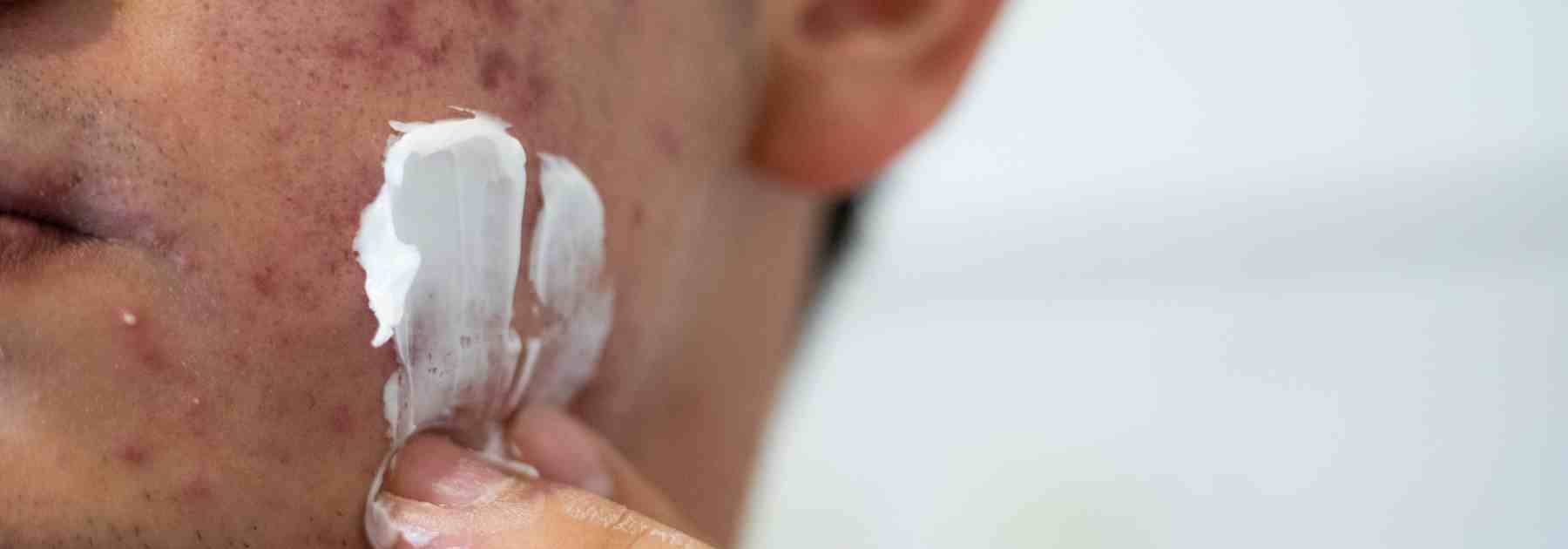Constipation is a common digestive issue that affects many individuals at some point in their lives. Whether it’s due to lifestyle factors, dietary choices, or underlying health conditions, constipation can be uncomfortable and frustrating. At Halo Health, we understand the importance of managing this condition effectively. This blog post will guide you through practical steps to manage constipation, including medical treatments, over-the-counter options, and lifestyle changes, with a focus on constipation tablets as an effective solution.
Understanding Constipation
Constipation typically occurs when bowel movements become less frequent and stools become difficult to pass. It can be caused by various factors, including:
- Dietary Choices: A diet low in fibre or high in processed foods can contribute to constipation.
- Dehydration: Inadequate fluid intake can lead to hard stools.
- Lack of Exercise: Physical inactivity can slow down the digestive system.
- Medications: Certain medications, such as opioids or some antacids, can cause constipation.
- Medical Conditions: Conditions like irritable bowel syndrome (IBS), diabetes, or hypothyroidism can be associated with constipation.
Recognising the symptoms of constipation is the first step in managing the condition. Common signs include fewer than three bowel movements per week, difficulty passing stools, and a feeling of incomplete evacuation.

Step-by-Step Guide to Managing Constipation
1. Increase Fibre Intake: A diet rich in fibre is one of the most effective ways to prevent and manage constipation. Fibre adds bulk to the stool and helps it pass more easily through the intestines. Aim to include more fruits, vegetables, whole grains, and legumes in your diet. For those who struggle to get enough fibre from food alone, fibre supplements can be beneficial.
2. Stay Hydrated: Drinking plenty of fluids is essential for softening stools and making them easier to pass. Water is the best choice, but herbal teas and clear soups can also contribute to your daily fluid intake. Aim for at least 6-8 glasses of water a day.
3. Exercise Regularly: Regular physical activity can help stimulate intestinal function. Even light exercise, such as walking or swimming, can promote regular bowel movements. Aim for at least 30 minutes of moderate exercise most days of the week.
4. Establish a Routine: Try to set aside time each day for a bowel movement, ideally after a meal. The body’s natural rhythms are often most active after eating, making this an ideal time to try and go.
5. Use Over-the-Counter Constipation Tablets: If lifestyle changes alone are not enough, over-the-counter constipation tablets can be an effective solution. These tablets work by softening the stool, stimulating bowel movements, or both. Popular options include:
Laxatives: Available in various forms, such as bulk-forming, osmotic, stimulant, and stool softeners. Each works differently, so it’s important to choose the right type for your needs. For instance, osmotic laxatives draw water into the bowel to soften stools, while stimulant laxatives encourage the bowel muscles to contract.
Fibre Supplements: These can help increase stool bulk and promote regularity. Common examples include psyllium husk and methylcellulose.
When choosing constipation tablets, it’s important to follow the instructions on the packaging and avoid overuse, as this can lead to dependency and worsen constipation in the long term.
6. Monitor and Adjust Your Diet: Keep track of foods that may be contributing to your constipation. For some people, dairy products, red meat, or highly processed foods can worsen symptoms. Consider keeping a food diary to identify and eliminate problem foods.
7. Consider Medical Treatments: If constipation persists despite over-the-counter treatments and lifestyle changes, it may be necessary to consult a healthcare professional. Prescription medications, such as lubiprostone or linaclotide, may be recommended for chronic constipation. In some cases, further investigations, such as blood tests, imaging studies, or colonoscopy, may be needed to rule out underlying conditions.
8. Seek Professional Advice: If you are pregnant, elderly, or have an underlying health condition, it’s especially important to seek advice before taking constipation tablets or making significant lifestyle changes. Your GP or a specialist at Halo Health can provide tailored recommendations to manage constipation safely and effectively.

By following these steps and considering all treatment options, including the use of constipation tablets, you can effectively manage and relieve constipation. Remember, consistent self-care and professional guidance are key to maintaining long-term digestive health.
Your Digestive Health and Wellbeing
Constipation is a common yet manageable condition. By making simple lifestyle adjustments and using constipation tablets when necessary, you can achieve regular bowel movements and alleviate discomfort. However, if constipation persists or worsens, seeking professional advice is crucial. At Halo Health, we are committed to helping you maintain optimal digestive health and well-being.
For more information on managing constipation and the best constipation tablets available, contact Halo Health today.
This blog was written on behalf of Halo Health by Pharmacy Mentor.



